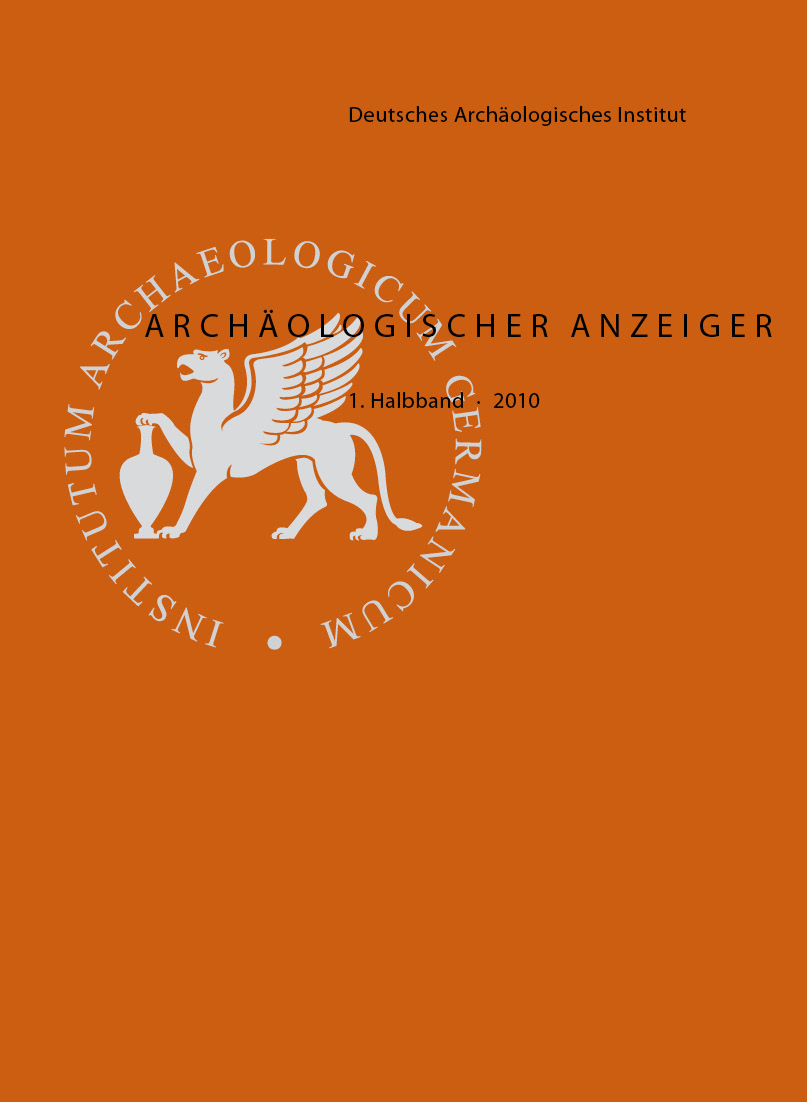The Roots of the Cretan Polis. Surface Evidence for the History of Large Settlements in Central Crete
https://doi.org/10.34780/6f1b-11ac
Abstract
Classical Cretan states are known to have had an unusual and distinctive character, contrasting markedly with that of their central Greek peers. Yet the histories of the latter have tended to dominate our understanding of the polis form. The factors contributing to this difference, and to the whole process of state emergence in Early Iron Age – Archaic Crete, have not been much analysed, restricting our understanding of the origins of the earliest consensualist political structures. Some scholars have explained Cretan divergence in terms of a particularly strong ›continuity‹ in the island’s social and cultural frameworks from the Bronze Age into the state formation period. Others have seen immigration into Crete during the latter period as a major constructive influence (frequently citing some aspects of Archaic-Classical texts in support of their arguments). The EIA – A archaeological record should be our main source of information in testing these models, but has been under-investigated in many respects, encouraging both an over-reliance on textual traditions, and generalisations based on too narrow a sample of sites and types of archaeological material. New excavation projects are starting to expand the frame of study. However, while many of the ancient text sources refer to central Crete, there remains a limited range of published archaeological data from this core development region against which to evaluate them. The paper uses surface ceramics from five large central Cretan settlements, collected by scholars from the British School at Athens in the 1930s–1960s, together with observations from more recent visits to the sites, to help develop a more archaeologically-informed narrative of large polity emergence and development in this region, and the island as a whole.
Schlagwörter:
early states, Crete, survey, pottery, polis landscape





